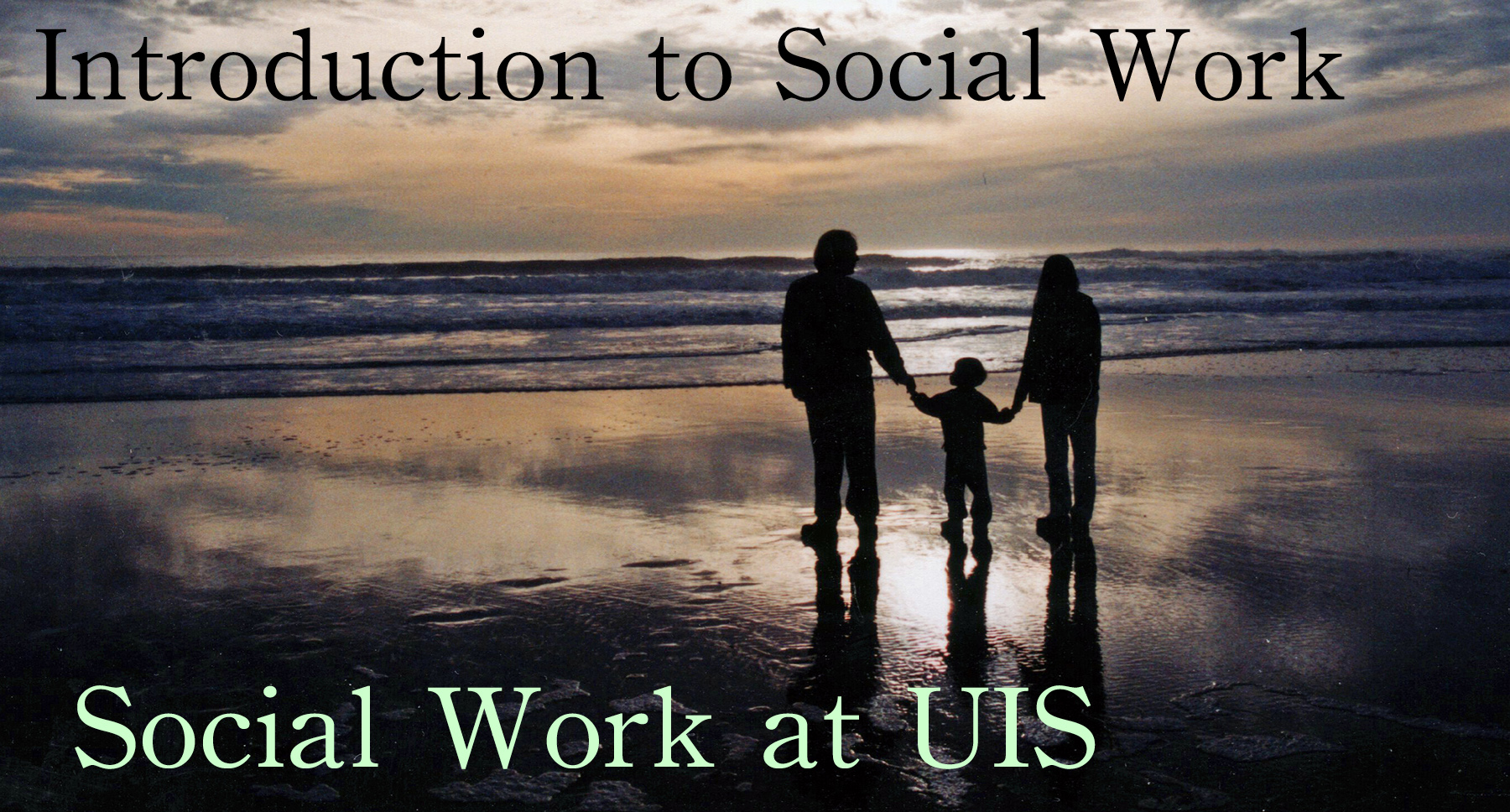Class meeting this week is on Zoom.
Zoom Class begins March 17th at 2:00 pm and lasts until around 3:30 or 4:00 pm.
Class session lasts from March 17th 2:00pm to March 24 at 1:59pm.
This page describes what you should do in this ninth session.
Objectives of this session
- Gain a deeper understanding of some typical issues faced by social workers in the field.
- Gain insights into how social workers can take an attitude toward life that allows them to endure in their work.
- Consider the motives and desires that shape our behavior as social workers
- Understand that it may be difficult to know the truth about a situation, because clients may conceal facts.
- Contemplate some of the risks and hazards of practicing social work.
- Consider how our belief systems and worldviews shape our interpretation of what we perceive.
Time Budget for 9 hours
2h 30m Class meeting on Zoom and time reading and posting in Canvas discussion board
3h Read pages 1-131 in The Boy They Tried to Hide (chapters 1-24)
2h Finish giving feedback to peers on their papers, and then revise and edit your paper based on the feedback you receive from classmates.
30m Take the fourth test
10m Turn in your revised second draft of your paper (if you cannot get this ready by the end of this session, it is okay to turn it in in the next session.)
What will happen in the class meeting at the start of this session?
During our 2.5 hours, I expect to use time in the following ways:
- Check in
- Talk about any current events relevant to our profession.
- Discuss Why Are They Angry At Us?
- Discuss the role of racism in American culture and the role of social work in trying to end racism.
- Talk about the extra readings (and videos) on race in America and racism.
- Discuss the difference between immigrant experiences and the experiences of Black Americans.
What must you read this week?
This week there is nothing assigned for you to read in Days in the Lives of Social Workers.
This week you will begin reading The Boy They Tried to Hide by reading from page 1 to page 131 (chapters 1-24). As you read this book, consider some of the ways Shane behaves in ways that show his ethics and his professionalism. Consider his motives and desires (as shown in the transcripts of the therapy sessions). The book has three plots exploring three themes. One involves a boy who has been “hidden” or forgotten, and as the story progresses, you will learn that this story is connected to shame and ostracism and denial related to serious mental illness and breaking community behavioral standards.
Another involves developmental disabilities and substance abuse and anti-social behavior, with a commentary on how persons may be “thrown away” or hidden in the criminal justice system when they do not or cannot conform to society’s expectations. The third story involves the problem of sexual predators and violent persons who attack social workers when those social workers act to stop the violent behavior. Remember that the author did not construct the story as a work of fiction; it is based on actual cases and life experiences, so it may not work neatly as a novel would.
Work on your paper.
Please finish giving feedback to your peers on their papers. E-mail drafts of their papers back to them. You should receive feedback from peers on your paper in this session. Once you have received feedback, it is time for you to revise and edit your paper. You do not need to turn in your paper to the instructor this week; you can submit it in the next session. But, you probably want to allow some significant time to work on the paper.
Activities
Your only activities are reading The Boy They Tried to Hide, taking the fourth test (which you can take any time up to the last class this semester if you are not ready to take it this session), and finishing feedback for your peers and editing and revising your own paper.
Working on your Assignments
Thinking about revising and editing your paper:
- Remember to use the American Psychological Association’s style guide (what you need is available online) and try to make your citations conform to APA style.
- Remember that the sources you use, and how you use those sources, is one of the dimensions evaluated in the rubric I use to assign a score to your paper.
- Mendeley is a good resource to help you do your citations and organize your sources. I hope you will use it. But, when you export citations with Mendeley, those citations often need some further editing (so, check that).
Discussion Questions this week
Here are the discussion questions. You should have time to answer a few of them, and also respond to some of your classmates. Remember to devote at least 45 minutes to the discussion board participation, even if you attended the Zoom class meeting.
- Discussion Question 1:
Check in and tell us how you are doing. What is going on in your life? Have you heard any song recently that you really like? What have you been listening to? Are there any artists you are playing often these days?
- Discussion Question 2:
This is a question about democracy, and American attitudes toward it.
Attitudes toward a variety of things are measured across the planet in the World Values Survey. In 2017 this survey surveyed a representative sample of 2,596 people in the USA. One of the questions asked was:
I'm going to describe various types of political systems and ask what you think about each as a way of governing this country. For each one, would you say it is a very good, fairly good, fairly bad or very bad way of governing this country?
Having a strong leader who does not have to bother with parliament and elections
The Americans answered like this: 11.5% “very good”; 25.5% “fairly good”; 25.7% “fairly bad”; and 34.5% “very bad”.
In an earlier wave (in 1995) the survey included 1,542 Americans, and they answered a question about a strong leader like this: 3.1% “very good”; 20.6% “fairly good”; 23.9% “fairly bad”; and 47.3% “very bad”.
Also, they were asked given this proposition:
Having the army rule
In 2017 the Americans answered like this: 3.6% “very good”; 16.7% “fairly good”; 28.6% “fairly bad”; and 47.8% “very bad”.
In the 1995 survey, answers were: 1.5% “very good”; 4.6% “fairly good”; 16.3% “fairly bad”; and 74.4% “very bad”.
Also, they were asked given this proposition:
Having a democratic political system
In 2017 the Americans answered like this: 45.6% “very good”; 35.6% “fairly good”; 10.2% “fairly bad”; and 4.0% “very bad”.
In the 1995 survey, answers were: 50.9% “very good”; 34.2% “fairly good”; 6.4% “fairly bad”; and 2.6% “very bad”.
These findings suggest that somewhere between 9% and 23% of Americans do not really support the basic premises of our democratic society or institutions. This also suggests that trends have been moving away from support of our institutions (Actually, support for democratic institutions was even lower in the 2010-2014 wave, and the 2017-2020 responses show slightly more support for democracy than we had a few years ago). At any rate, consider that our nation has a growing and significant minority who do not support the basic ideals of American democracy. What does this mean for those of us who do support democracy? What do you think about this erosion of faith in fundamental American values?

- Discussion Question 3:
What are your thoughts about the solution to racism in America? About 80% of Americans want to end racism, and claim they want to see Black Americans (and American Indians and Hispanic Americans) catch up to European Americans in terms of wealth, education, and income. And indeed, there is very good reason to think if we achieved wealth and income parity, that itself would greatly diminish prejudice and racism (if you think that racism is significantly fueled by fears and justifications rooted in psychological reactions to historical and existing inequalities and oppression, which is one of the big ideas in Why Are They Angry With Us?). Racism can also be addressed by changing thinking patterns and emotional responses. So, we must work on both the psychological and economic/political fronts; both are significant. But, which approaches do you think take higher priority? What actions, activities, policies, or interventions does our society need to hasten the end of this problem of racism?
In particular, what is your role in ending racism? Do you feel an ethical duty as a social worker (or, at least as a student taking a course of social work study) to do something about racism? What exactly do you feel you should be doing? How can you build empathy and understanding of people who are different from you? How do you plan to do this?
- Discussion Question 4:
In the chapter you read in the previous session written by Dianne Rullo-Cooney you encountered an “eclectic” social worker who was in private practice, and also a doctoral student, and also an adjunct professor, and an instructor who leads workshops, and an administrator who helps out in the continuing education program at the local university. She was not sure of a steady income as a private practitioner, and wanted to also become a full-time professor, continuing her private practice as a supplemental income source. Have you ever considered going into private practice as Rullo-Cooney describes? Social workers in private practice actually can earn more than social work professors, if they have enough clients (and if enough of those clients are not poor, since social workers tend to charge on a sliding scale as Rullo-Cooney does, and accept many patients/clients who are impoverished). What attracts you or repels you from the idea of being a private practice therapist or counselors with a LCSW certificate after you get your MSW?
-
Discussion Question 5:
Dianne Rullo-Cooney described her patients as “patients” rather than “clients” as is usually done among social workers. She said that “patients” seemed a better description for the relationship between the people who came to see her and herself, and the term helped emphasize that mental health problems are similar to other problems of the body that would be treated by a doctor. What are your opinions about the use of the term “patients” or “clients” to describe the persons receiving social worker’s expertise and service?
-
Discussion Question 6:
In Amy Blake’s chapter about private practice in the Lesbian community, she reflects on her work as a private practice social worker and how it contrasts with her training in gerontology and social welfare policy, and makes this observation:.
My social work education prepared me to be in the trenches with people’s pain. Social work school taught me about opportunities in life and about being an active participant and change agent in my own life. Being in the trenches has to be a choice. I have to want to be there and I have to be able to be present with my client’s process. To do this, I have to know that I do not have to, that I have a choice to do something different.
A similar observation is frequently heard from social work students who switch into social work from psychology or criminal justice. They realize that the social work education prepares students for a wider scope of professional roles, and allows more choices in what we do after graduation. What about yourself? Do you find so far (in this class and any other social work course you have taken) that you are partly being prepared to “be in the trenches with people’s pain” and build empathy so you can be “present” with people who are suffering and going through processes of change? Are you attracted by the range of skills and tasks you can apply as a social worker? As you read Days in the Lives of Social Workers are you finding new opportunities you might consider as you progress through your own personal growth accompanying the work you do in social work school?
-
Discussion Question 7:
Let’s share first impressions of The Boy They Tried to Hide
Generally I encourage people to respond to specific points in the readings that can hopefully help you make insights or connections that will enhance your practice as professionals in the field of social work, but for this question, let’s just open it up and talk about anything you want to discuss (anything that happens in the first 131 pages, the first 24 chapters, as we do not want to spoil the plot). This is an open topic. You can talk about how you are reacting to the book.
And, yes, I know we all want books like this about American social workers, and two of the four books we read this semester are written by social workers from the British Isles. I encourage some of you to write realistic memoirs or novels about social workers, and I assure you that if you write a good book in this genre, you will have a ready market in hundreds of classes teaching introduction to social work, and be able to sell thousands of copies of your book each year for a decade or more.
-
Discussion Question 8:
How has working on your paper changed your view of things? As you work on your paper, you will have learned many things about a topic, and developed some extra expertise and competence in an area of inquiry. As you do so, you might find that your thinking about some issues or topics is changing. You may feel a sense of accomplishment, a sense of satisfaction in knowledge you have gained, or a sense of joy in the work of putting together ideas that share your new knowledge with some opinions and insights you have and sharing your thoughts with peers and your instructor. Please share anything you are experiencing in terms of personal growth or emotional satisfaction as a result of your work on the semester paper assignment in this class. What interesting things have you learned as you have researched and written your paper, and what have you learned by reading the work of your classmates?


















